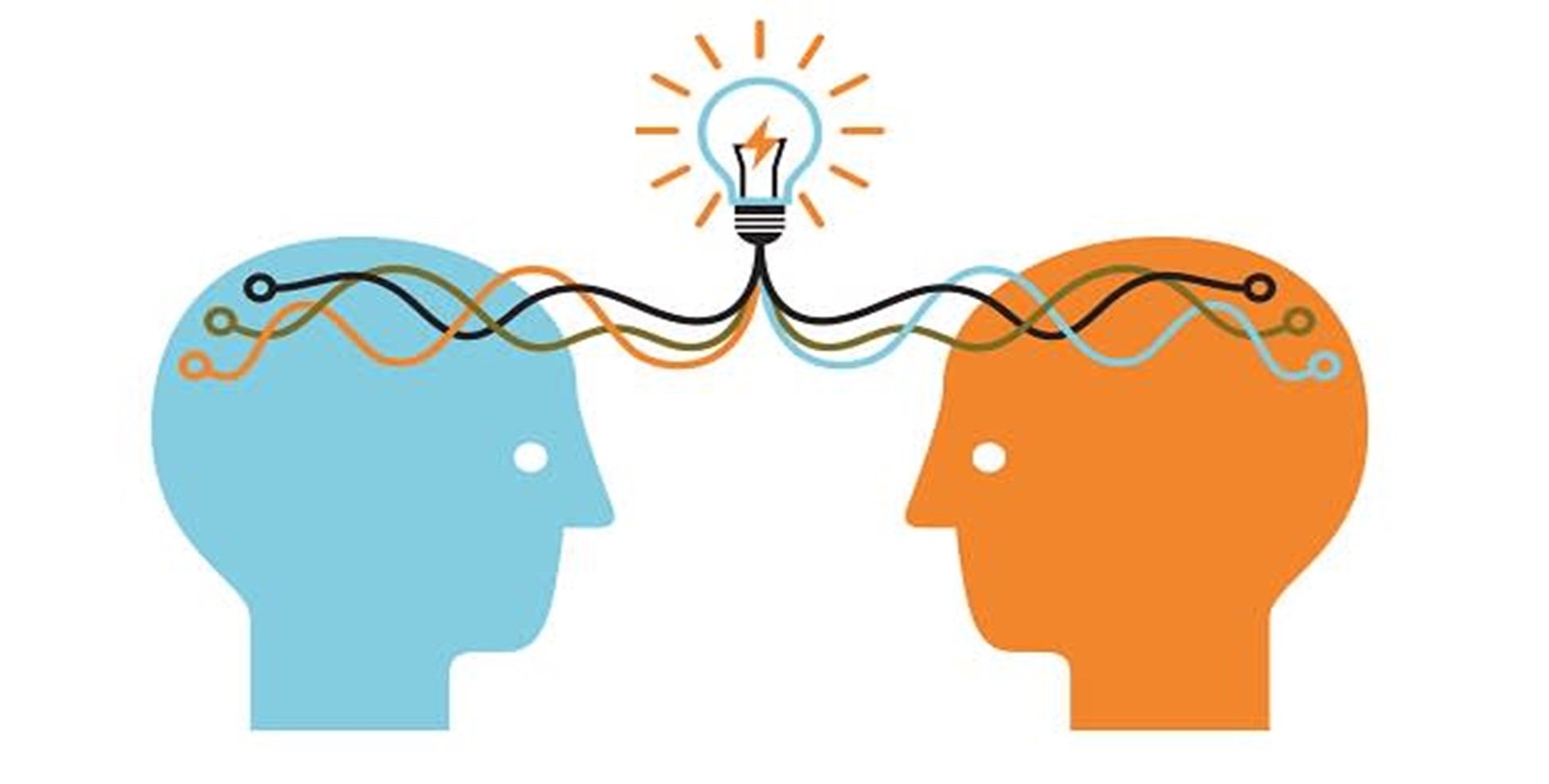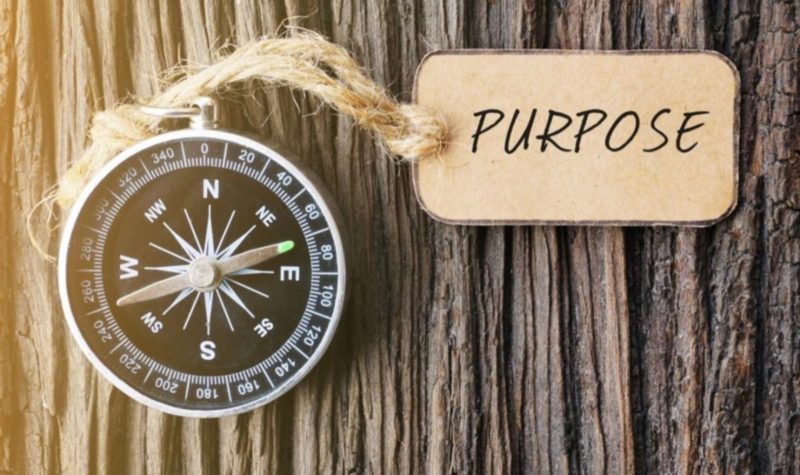

My Road to Acceptance
- May 18th 2020
This blog is authored by Mythili Dinesh
For the longest time, I’ve had a very “black or white” perspective. It was either right or wrong and people were either a friend or not. It was a binary all-or-nothing-mindset. I had a thing for rules and regulations, do’s and don’ts. This creates a lot of schemas about people based on who they were or what was their profession. A mother is supposed to love and care for her child, doctors are supposed to be empathetic, yoga teachers are supposed to be slim and healthy, workplaces are supposed to be congenial, spouses are supposed to be in love. And coaches are supposed to be truly authentic, non-judgmental evolved beings. I did not see it any other way. Little did I know.
In my mind, it was all about integrity and being authentic. Integrity, defined as the quality of being honest and having strong moral principles and authentic, defined as real and genuine. So, if I believed one is not authentic or does not exhibit integrity, it was unacceptable.
Somewhere along the way I realized that I was looking at everything with the lens of my own standards of morality and genuineness. It took me a while to realize that what others say or how they behave is what they genuinely believe is right. (Well, most of the time.) It is not that they are not being genuine. It is just that their belief doesn’t match mine.
The real meaning of authenticity then, is also to be open to other points of view and not being glued to one’s own opinion. This comes from a place where one is willing to say, maybe I am not entirely right and there can legitimately be another way to look at things. Acceptance of something doesn’t mean I am not being true to my authentic self. It just means that I am allowing others to be their own self and not expecting them to live life by my standards.
Acceptance comes with self-awareness. Understanding one’s own mind-sets, wants, needs, desires and beliefs. Self-awareness gives one a locus for the comparison and perhaps the judgement that happens. Without self-awareness, one is not able to see why others seem very different. As we become self-aware, we become more and more accepting of ourselves and therefore, accepting of others.
So then, does acceptance mean giving up one’s own beliefs or resigning to something? Not at all. Some things are absolutely unacceptable. And these are different for each of us. Figure out what your boundaries are and how to draw them. Then, one needs to either agree to disagree and move on or actually accept that maybe the other person has a valid point and I am the one who needs to change my outlook.
How does acceptance show up in a coaching practice? One of the obvious one is that it reflects in the fundamental non-judgmental approach. Where it perhaps is not as obvious is when the when the client sets goals or makes choices that are not what a coach would have made and yet, the coach goes along with where he/she wants to go. Coach needs to be fully accepting of where and how the client wants to go.
To each their own, is a very simple yet empowering thought. Be true to yourself and allow others to be their own self. Most things are not black or white. As we evolve, we need to allow for not just the grey but the red, blue, green and every other shade of color and the possibilities are infinite.
I have walked a long road to acceptance and…am still walking.


Rajat Garg
Rajat is a Master Certified Coach (MCC) with over 18 years of industry experience and over 2500 hours of coaching experience, helping people and organizations attain maximum effectiveness. His background includes working with CXOs, senior managers, managers and board of directors of small private companies to multi-billion dollar publicly traded organizations.









0